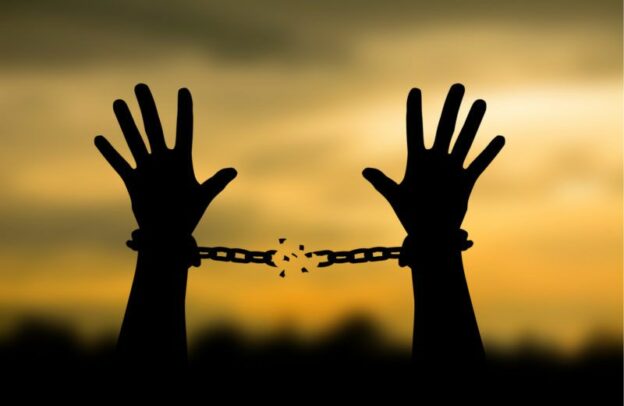Kol yimei chayecha – “All the days of your life” – is a phrase we first meet in the Torah when Hashem pronounces the fate of Adam after the sin of eating from the eitz hadaas: “Cursed is the ground because of you. Through suffering will you eat from it all the days of your life” (Beraishis 3:17).
The phrase recurs in a seemingly unrelated context, about the mitzvah of eating matzah on Pesach, in our parsha: “…so that you will remember the day you left Egypt all the days of your life” (Devarim 16:3).
That pasuk, cited in the Haggadah, elicited a novel thought from Rav Avrohom, the first Rebbe of Slonim: “When recounting Yetzias Mitzrayim, one should remember, too, ‘all the days’ of his own life – the miracles and wonders that Hashem performed for him throughout…”
The generation before mine, the one that came of age during the Second World War, could well relate to that idea. My father endured years of forced labor in Siberia, courtesy of the Soviet Union. My father-in-law was a veteran of several concentration camps, and suffered the deprivations and tortures for which they are infamous.
And, I know, on Pesach, thoughts of their experiences were in their minds. My father and his friends pocketing and then hiding a few wheat kernels here and there, to be secretly ground and baked in the middle of the night into matzos. My father-in-law, in a Dachau satellite camp, reciting with a friend parts of the Haggadah they knew by heart.
But the Slonimer Rebbe’s thought is appropriate for every life, even lives of relative calm and plenty like our own. Because, as a result of the sin of the eitz hadaas, adversity and tragedy entered the world and came to define all humans’ lives, to one or another extent. We all have experienced things that were daunting or worse, and from which we were saved. We may not have been liberated from a literal gulag or camp, but we are all, on one or another level, survivors.
And we need to consciously recall that fact, all the days of our lives.
© 2023 Rabbi Avi Shafran
